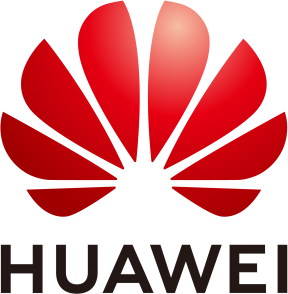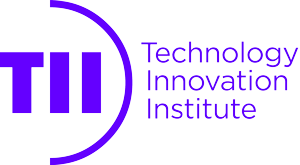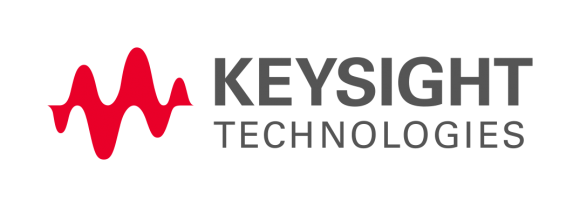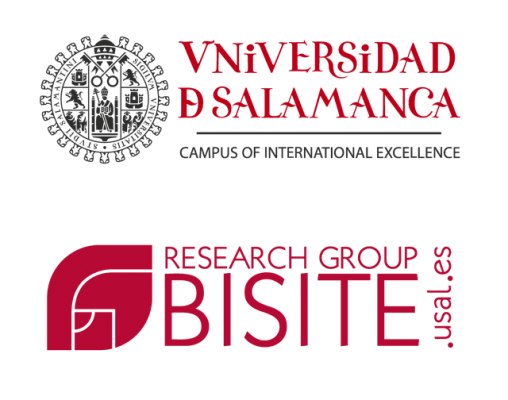Traditional machine learning tends to be centralized in nature (e.g., in the cloud). However, security and privacy concerns as well as the availability of abundant data and computational resources in wireless networks motivate moving learning algorithms deployed on mobile networks towards the network edge. This has led to the emergence of the rapidly growing area of (mobile) edge learning, which integrates two originally decoupled areas: wireless communication and machine learning. It is widely expected that the advancements in edge learning will provide a platform for implementing edge artificial intelligence (AI) in 5G-and-Beyond systems and supporting large-scale problems ranging from autonomous driving to personalized healthcare. A typical edge learning framework (e.g., federated learning) features distributed learning over many wireless end-user devices cooperating with a parameter server, such as an access points or a base stations, to train a common AI model using local data. This scenario typically involves an iterative learning process, repeatedly downloading and uploading of possibly high-dimensional (millions to billions) model parameters or their updates by tens to hundreds of edge devices. This may generate substantial data traffic, placing a heavy burden on already congested radio access networks. The training problem cannot be efficiently solved using traditional wireless techniques targeting rate maximization and decoupled from learning. Achieving the goal of edge learning with high communication efficiencies calls for the designs of new wireless techniques based on a communication-and-learning integration approach. Thus, this proposed full-day workshop will seek to bring together researchers and experts from academia, industry, and governmental agencies to discuss and promote the research and development needed to overcome the major challenges that pertain to this cutting-edge research topic. Suitable topics for this workshop include, but are not limited to, the following areas:
• Over-the-air computation for edge learning
• Fundamental limits of edge learning systems
• Wireless network optimization for improving the performance of edge learning
• Data compression for edge learning
• Adaptive transmission for edge learning
• Techniques for wireless crowd labelling
• Modeling and performance analysis of edge learning networks
• Energy efficiency of implementing machine learning over wireless edge networks
• Ultra-low latency edge learning and inference
• Experiments and testbeds on edge learning
• Privacy and security issues in edge learning
• Edge learning for intelligent signal processing
• Edge learning for user behavior analysis and inference
• Distributed reinforcement learning for network decision making, network control, and management





















